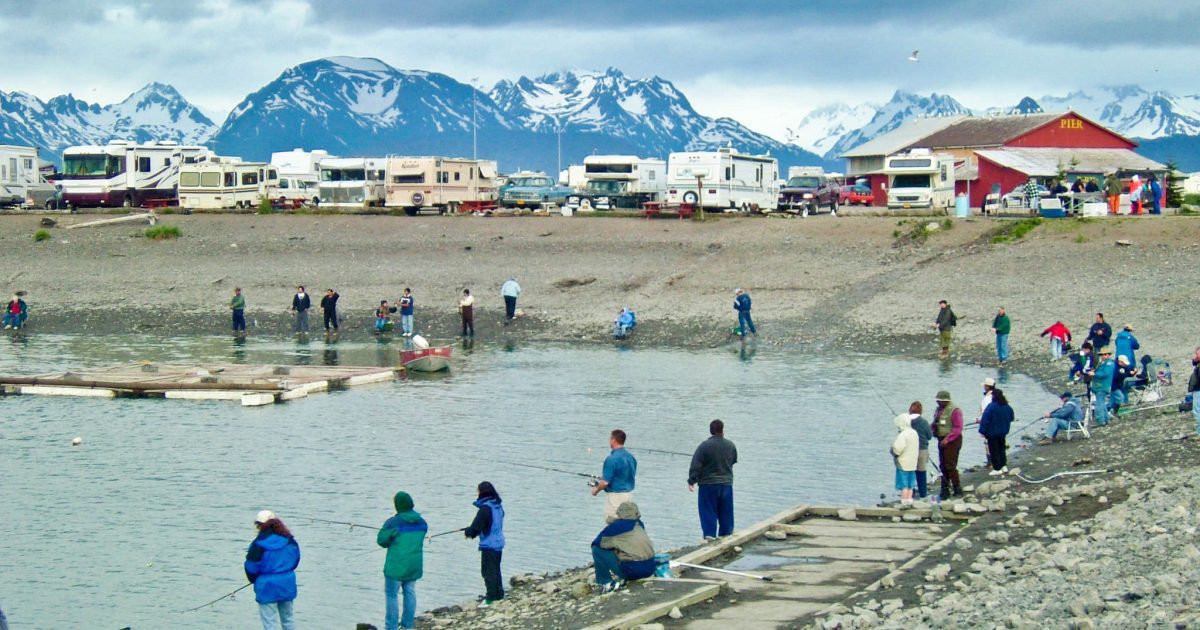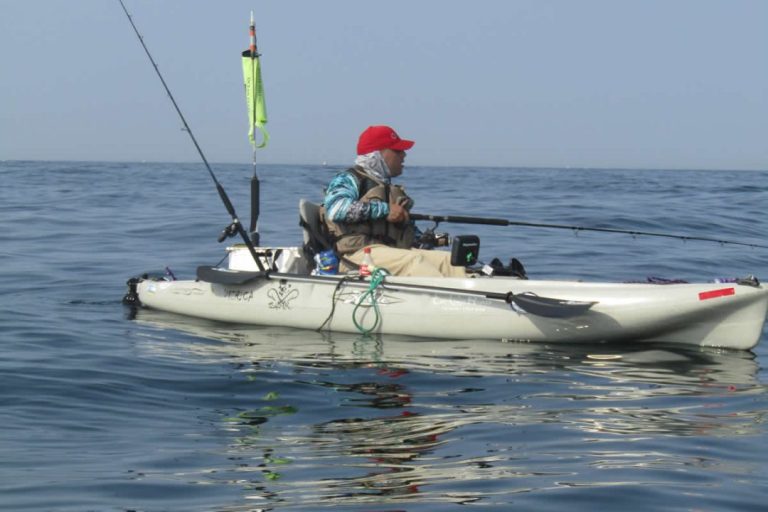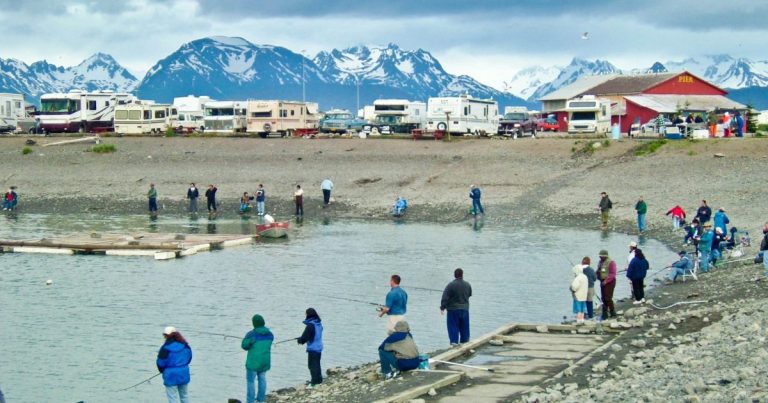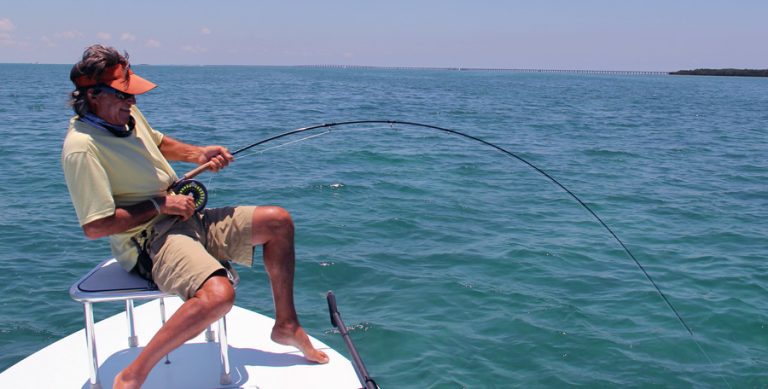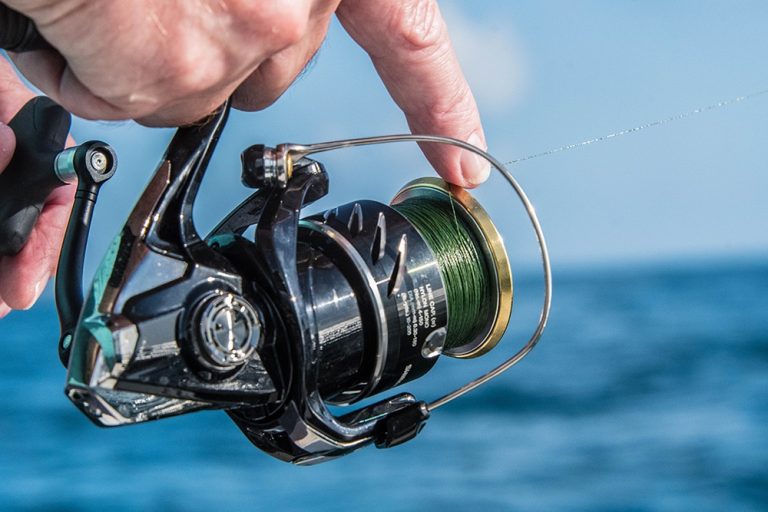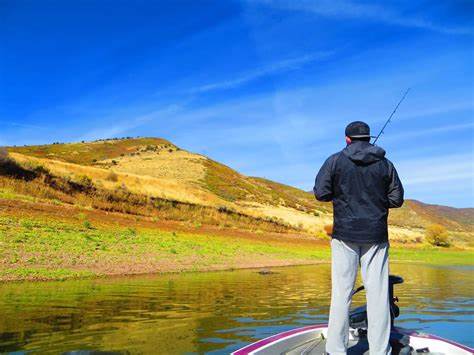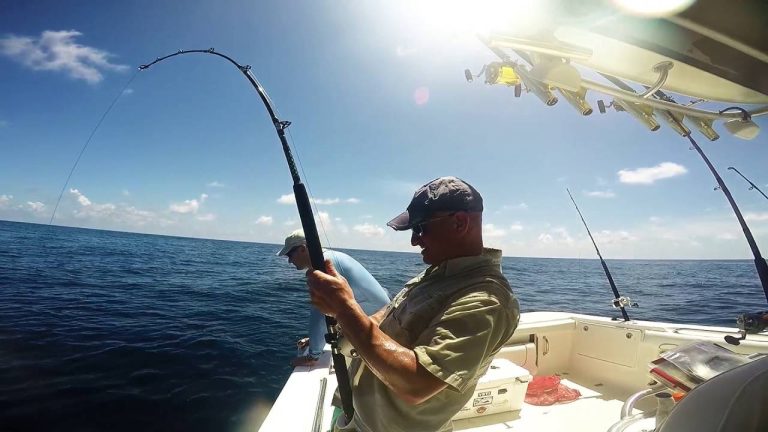If you’re an angler dreaming of fishing in Alaska’s pristine waters, you’re not alone. Alaska offers unparalleled opportunities to catch a variety of fish species in stunning natural settings. However, before you cast your line, it’s crucial to understand the licensing requirements for non-residents. This comprehensive guide will walk you through everything you need to know about obtaining an Alaska fishing license as a non-resident, including types of licenses, costs, purchasing methods, and additional regulations.
Alaska is a dream destination for anglers worldwide, boasting an abundance of fish species and breathtaking landscapes. To ensure the sustainability of these resources and to support conservation efforts, the state requires all non-resident anglers aged 16 and older to obtain a valid fishing license. This article will provide you with a step-by-step guide on how to acquire your non-resident Alaska fishing license, making your fishing experience hassle-free and enjoyable.
Who Needs a Fishing License?
All non-residents aged 16 and older must obtain a valid Alaska fishing license to fish in the state’s waters, including both freshwater and saltwater areas. This requirement applies regardless of the type of fishing you plan to do, such as spin, fly, or ice fishing. By purchasing a license, you contribute to the conservation and management of Alaska’s fish and wildlife resources.
Types of Non-Resident Fishing Licenses
Alaska offers several types of fishing licenses for non-residents, catering to different trip durations and fishing preferences. The main categories include:
Short-Term Licenses
These licenses are perfect for brief fishing trips or for those who only plan to fish for a few days during their visit to Alaska.
| License Type | Cost |
|---|---|
| 1-Day Sport Fishing License | $25 |
| 3-Day Sport Fishing License | $45 |
| 7-Day Sport Fishing License | $70 |
| 14-Day Sport Fishing License | $105 |
Annual Licenses
If you plan on fishing in Alaska for an extended period or making multiple trips throughout the year, an annual license may be the most cost-effective option.
| License Type | Cost |
|---|---|
| Annual Sport Fishing License | $145 |
| Annual King Salmon Stamp (required for fishing King Salmon) | $100 |
Special Licenses
Alaska offers special licenses for active duty military personnel stationed in the state.
| License Type | Cost |
|---|---|
| Non-Resident Military Annual Sport Fishing License | $29 |
| Non-Resident Military Annual King Salmon Stamp | $30 |
For a complete list of license types and their associated costs, visit the Alaska Department of Fish and Game’s pricing list.
Additional Requirements
King Salmon Stamp
If you plan to fish for King Salmon, you must purchase a King Salmon Stamp in addition to your fishing license. The costs for the King Salmon Stamp are as follows:
| Stamp Type | Cost |
|---|---|
| 1-Day King Salmon Stamp | $15 |
| 3-Day King Salmon Stamp | $30 |
| 7-Day King Salmon Stamp | $45 |
| 14-Day King Salmon Stamp | $75 |
| Annual King Salmon Stamp | $100 |
Harvest Record Card
For species with annual harvest limits, such as King Salmon, you will need a free Sport Fishing Harvest Record Card. You can obtain this card online or at license vendors and Fish and Game offices.
Where to Purchase Your License
You can purchase your non-resident fishing license and stamps through several convenient methods:
- Online: Visit the .
- Local Vendors: Many sporting goods stores, Fish and Game offices, and select vendors throughout Alaska sell fishing licenses.
- Guides and Lodges: If you book a fishing trip with a licensed guide, captain, or outfitter, they may include the cost of the fishing license in the package or sell it to you directly.
Validity and Formats
Fishing licenses are generally valid from the date of purchase through December 31st of the same calendar year. Short-term licenses are valid for the specified number of days from the date of purchase.
License Formats
- Printed/Electronic Licenses: Available in PDF format, which you can print or store on your mobile device.
- eSigned Licenses: Accessible through your ADF&G account, viewable on your device, or printable.
- Carbon Copy Licenses: Handwritten licenses available at select vendors and ADF&G offices.
Exemptions and Special Cases
- Children: Non-resident children under the age of 16 do not need a fishing license. However, they must obtain a free Harvest Record Card if fishing for species with annual limits.
- Disabled Veterans: Non-resident disabled veterans may be eligible for special licenses or exemptions. Contact ADF&G for specific eligibility requirements and details.
Conservation Efforts
By purchasing a fishing license, you directly contribute to the conservation and sustainable management of Alaska’s fish and wildlife resources. The funds generated from license sales support various initiatives, including:
- Habitat restoration and protection
- Fish population monitoring and research
- Public access improvements to fishing areas
- Educational programs promoting responsible fishing practices
Your support helps ensure that Alaska’s fishing opportunities remain available for generations to come.
Can I purchase a fishing license for someone else?
Yes, you can purchase a fishing license as a gift for another person. However, you will need to provide their personal information, such as name, date of birth, and address, during the purchase process.
Do I need a separate license for saltwater and freshwater fishing?
No, the Alaska fishing license covers both saltwater and freshwater fishing. However, certain areas or species may require additional permits or stamps.
What happens if I lose my fishing license?
If you lose your fishing license, you can easily replace it. Visit the ADF&G website, log into your account, and reprint your license. Alternatively, you can visit a license vendor or ADF&G office to obtain a replacement.
Can I fish without a license if I’m accompanied by a licensed angler?
No, each individual angler must have their own valid fishing license, regardless of whether they are fishing with a licensed angler or not.
Are there any special licenses available for disabled non-resident anglers?
Yes, non-resident disabled veterans may qualify for special licenses or exemptions. Contact ADF&G for specific eligibility requirements and details.
Conclusion
Obtaining an Alaska fishing license as a non-resident is a simple and straightforward process that ensures you can legally and responsibly enjoy the state’s world-class fishing opportunities. By purchasing the appropriate license and any necessary stamps, you not only gain access to incredible fishing experiences but also contribute to the conservation and sustainable management of Alaska’s fish and wildlife resources.
Remember to review the regulations, familiarize yourself with any area-specific requirements, and practice responsible fishing techniques. By doing so, you’ll help preserve Alaska’s fishing heritage for future generations of anglers.
For the most up-to-date information on licensing requirements, fees, and regulations, always refer to the official Alaska Department of Fish and Game website.



